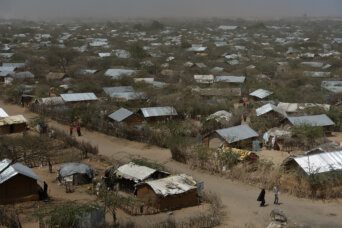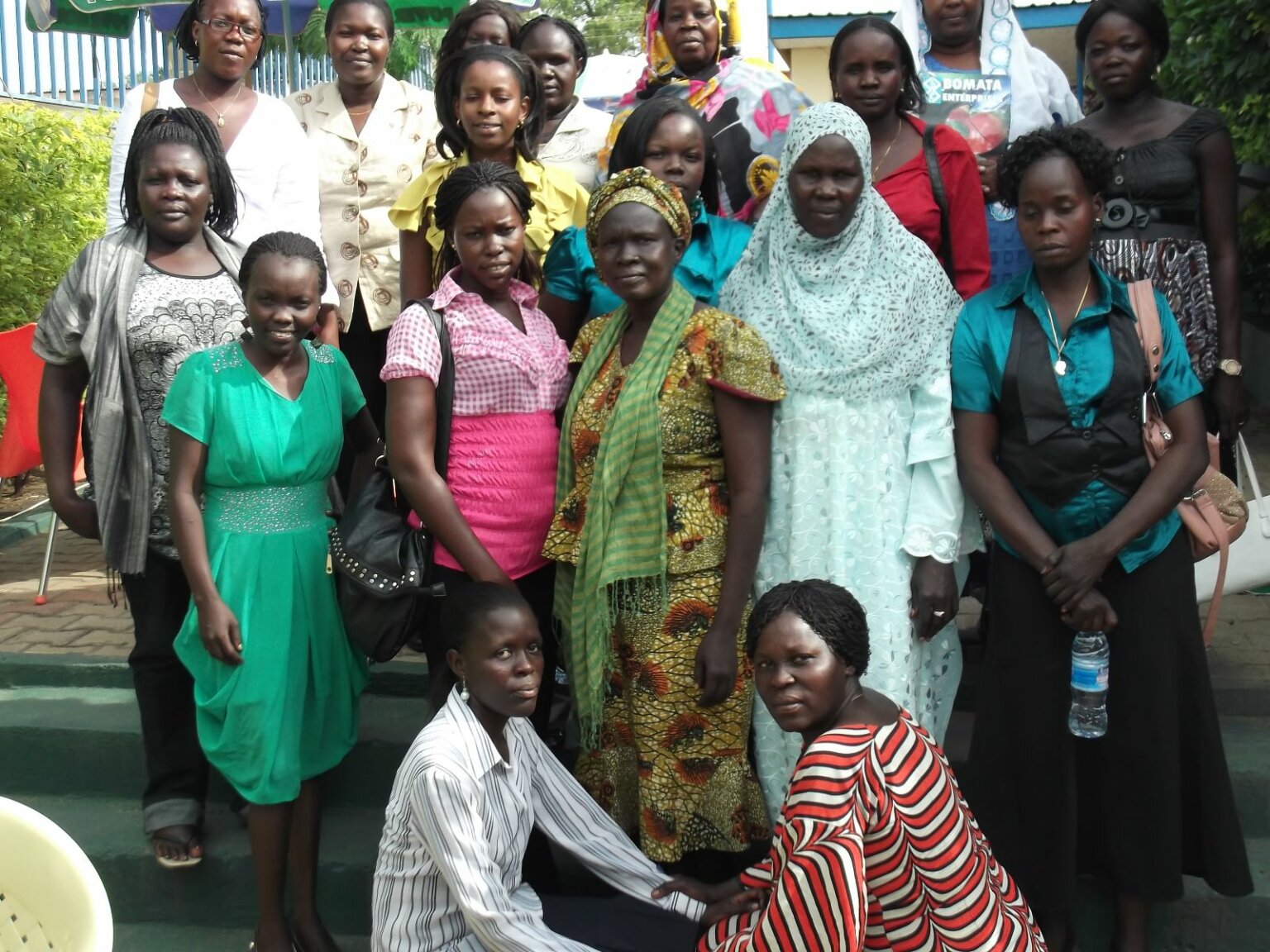- About
- Topics
- Picks
- Audio
- Story
- In-Depth
- Opinion
- News
- Donate
- Signup for our newsletterOur Editors' Best Picks.Send
Read, Debate: Engage.
| topic: | Refugees and Asylum |
|---|---|
| located: | Kenya, Somalia, South Sudan |
| editor: | Bob Koigi |
The recent order by the Kenyan government to close the Dadaab and Kakuma refugee camps and the ultimatum to the United Nations High Commissioner for Refugees (UNHCR) to provide a roadmap for the repatriation of refugees has sparked international furore and brought to the spotlight the worrying abuse of refugee rights across the world, especially in the COVID-19 era.
The two camps are home to an estimated 410,000 refugees from Somalia, South Sudan, Ethiopia, Uganda, DR Congo and Rwanda. Kenya has offered them safe haven after fleeing from civil war, drought, political and religious persecution.
Kenya has previously made attempts at repatriating the refugees on grounds that the camps pose a security threat and are breeding grounds for radicalisation by the Somali terror group Al Shabaab.
While these may be legitimate concerns, the blanket condemnation of refugees, some of whom have never known any other country, is counterproductive and will only fan an even bigger catastrophe.
The Horn of Africa could be staring at a humanitarian crisis of epidemic proportions as the refugees are returned to countries they fled from which are still struggling with unstable governments, sporadic conflicts and famine.
Kenya has an obligation to protect refugees and other vulnerable groups under international law - one that it must be faithful to.
The global refugee crisis is far from over, as conflicts escalate and the COVID-19 pandemic complicates an already dire situation.
Kenya’s decades-long hospitality towards refugees should be encouraged and supported by the international community that must also step up its commitment to refugees now more than ever.
Image: Giro 555 SHO.

